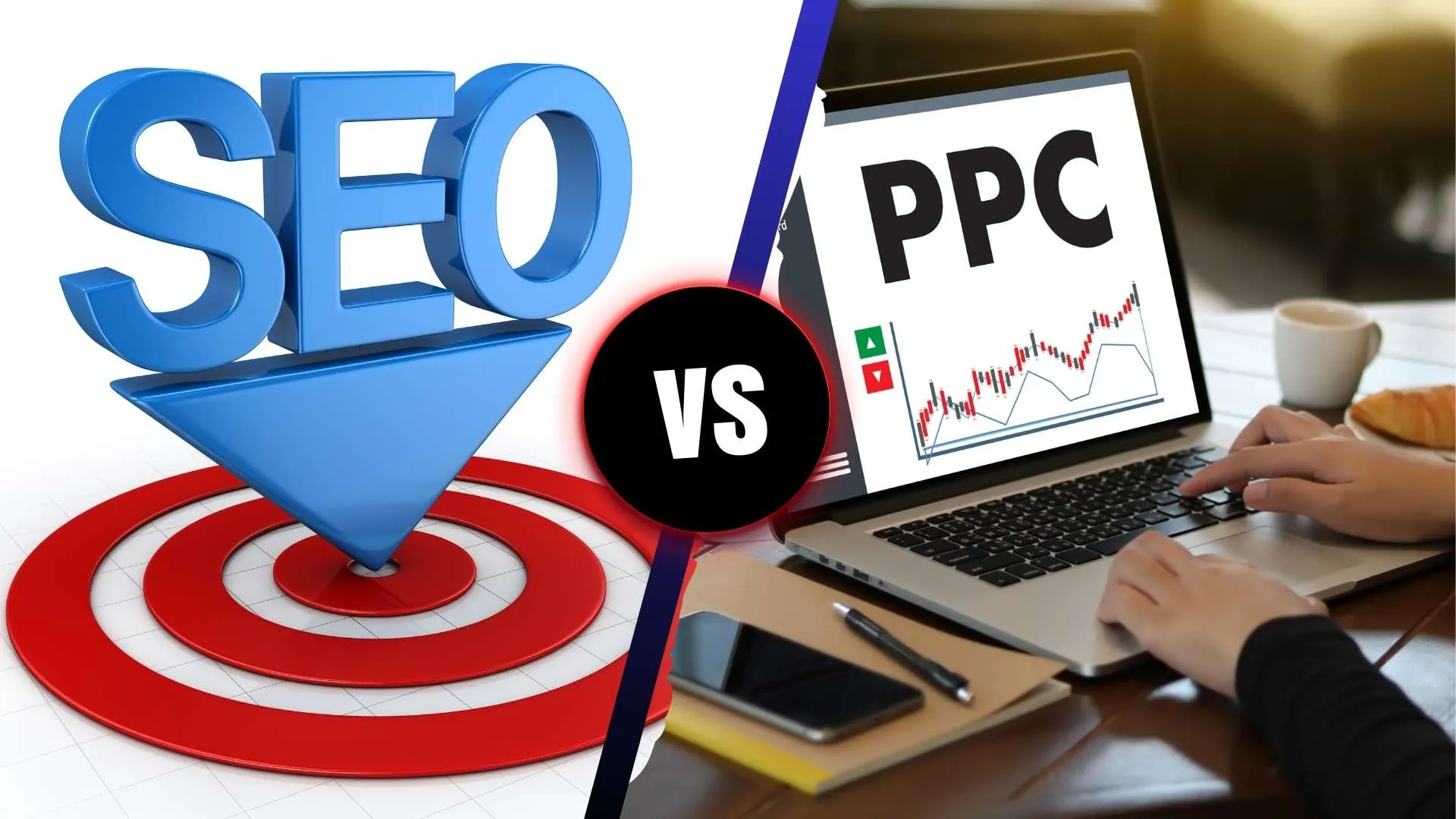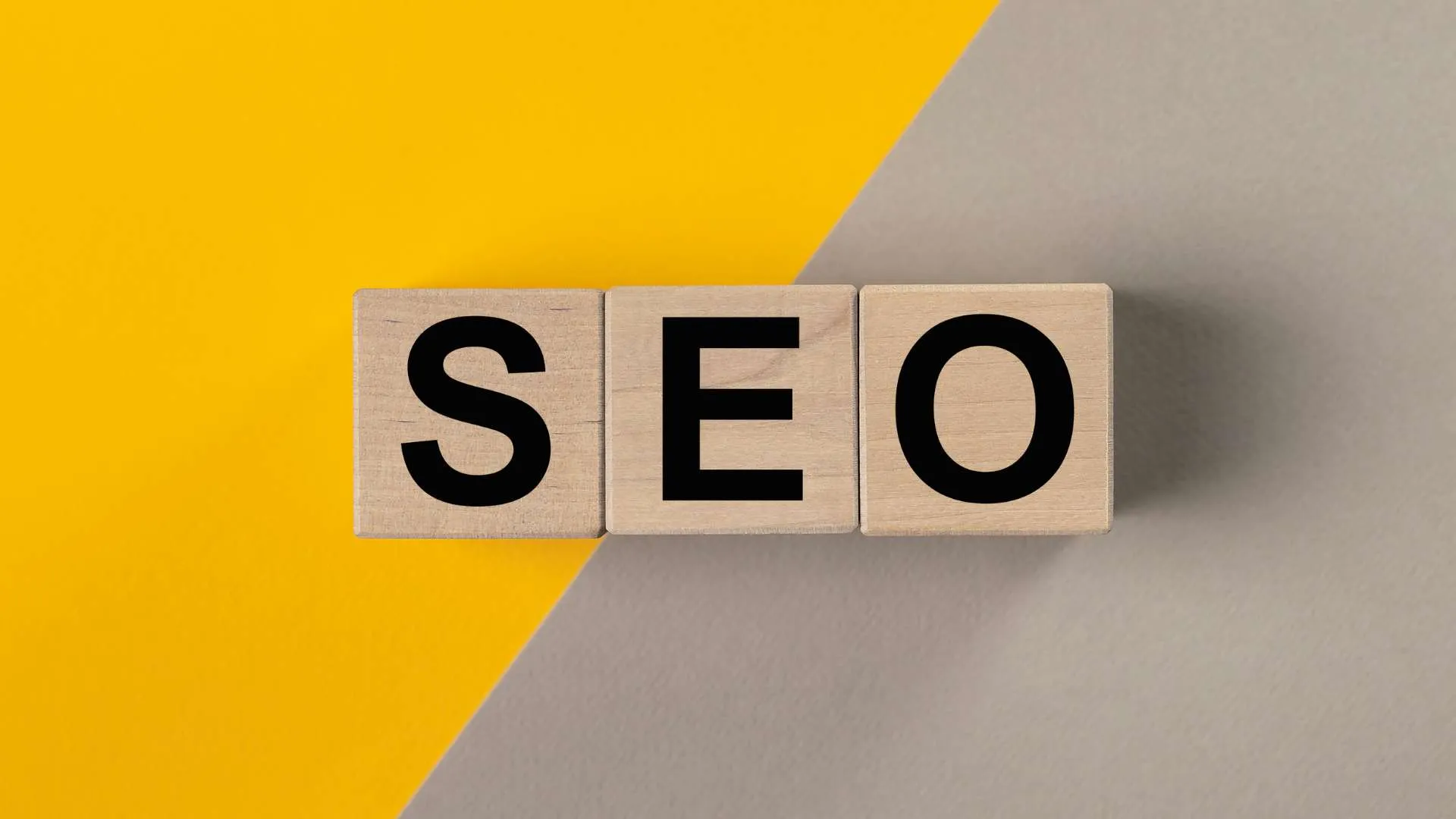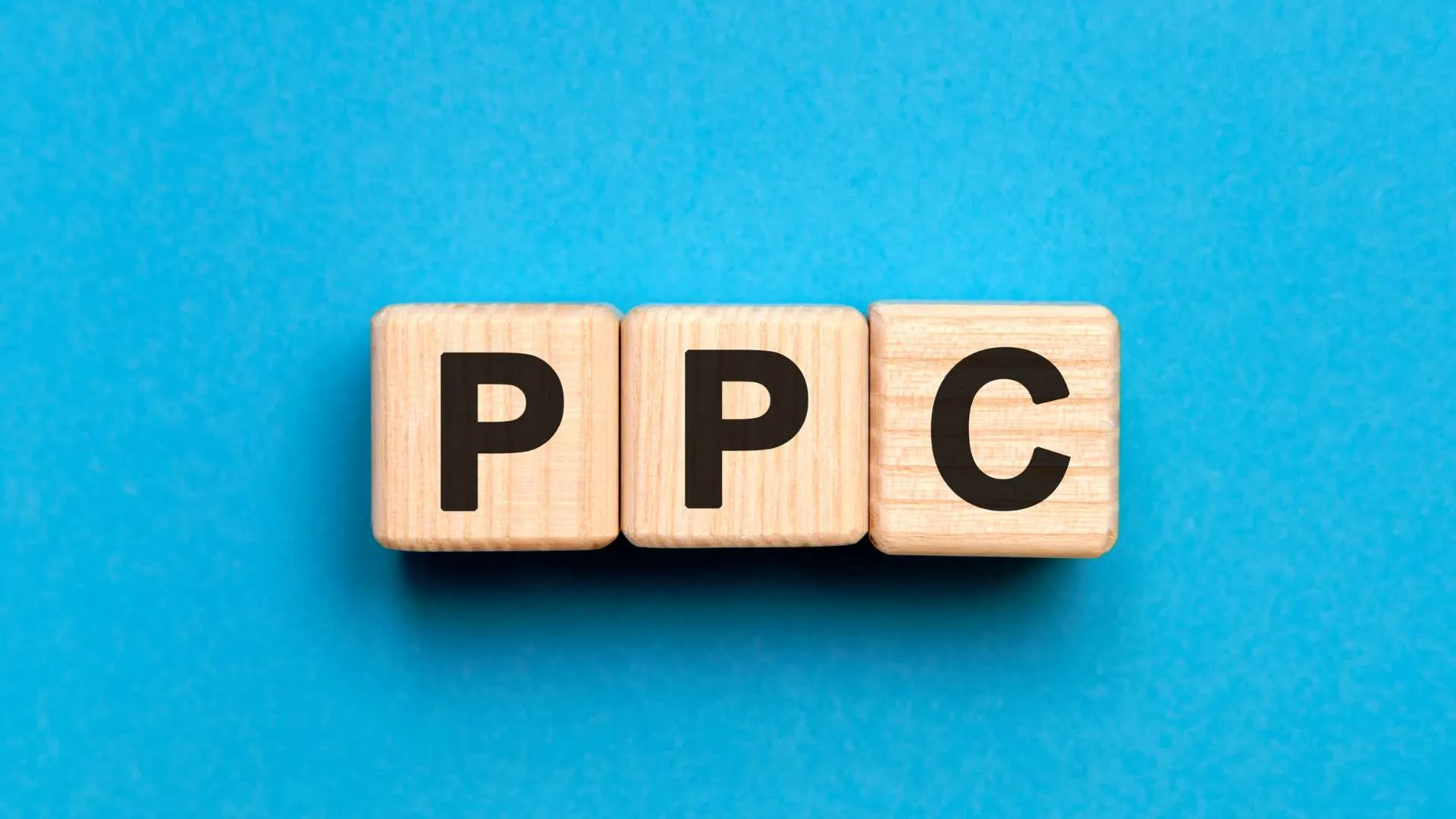SEO vs. Pay Per Click: Which is the Right Fit for Your Business?
POSTED ON JAN. 19, 2024 BY JESSIE B.

Let's explore the digital marketing world, where SEO and Pay Per Click (PPC) rule online advertising. Choosing between them is a bit like walking a tightrope, and figuring out which one suits your business best isn't easy. So, let's compare them to see which might be the right fit for your business.
Search Engine Optimization (SEO)
Think of SEO like a slow cooker – it takes time, but the results are worth it! Search engine optimization is about making your website show up higher in search results. It's a marathon, not a sprint. The cool part? Once you're at the top, everyone notices you, and you gain a lot of trust. But here's the catch: SEO isn't a one-time thing; it's ongoing. You have to keep adding new, good content, using smart keywords, and staying tech-savvy to keep it working.
Pay Per Click (PPC)
Let's talk about PPC, which is like using a microwave for your online presence—fast, effective, and gets things done quickly. With PPC (Pay Per Click), you buy visits to your website by creating ads and bidding on keywords. When someone clicks on your ad, you pay a fee. The cool part? PPC can instantly increase your website traffic. It's perfect for focused campaigns, especially when launching a new product or having a limited-time offer. But, remember, once you stop paying, the traffic decreases.
So, you're probably wondering which one's the right fit for your business. Well, let's weigh the pros and cons.
SEO: The Long-Term Play

1. Cost-Effective in the Long Run:
While SEO doesn't demand immediate monetary investment, it does require a substantial investment of time and effort. The beauty lies in its long-term cost-effectiveness – once your website climbs the ranks on search engines, the ongoing maintenance costs are considerably lower compared to the continuous spending required in Pay-Per-Click (PPC) advertising.
Make sure to find a right SEO agency that is trusted and credible to ensure the effectiveness of your long-term SEO strategy. Look for agencies with a proven track record, positive client testimonials, and a transparent approach to their methods.
2. Credibility and Trust:
Organic search results often translate to credibility and trust. Securing a top spot in search engine results positions your website as a reputable source. It's akin to being voted the most popular in school – users are more inclined to engage with and trust your content.
3. Sustainable Traffic:
SEO provides a continuous stream of traffic over time. Once you've established a solid ranking, you can enjoy sustained traffic without the need for constant adjustments. It's a long-term investment that keeps delivering results, like a gift that keeps on giving. However, patience is crucial, as SEO tends to be a slow-burning strategy, requiring time before substantial changes become evident.
PPC: The Quick Win

1. Instant Gratification:
Launch a PPC campaign, and almost instantly, you see traffic flowing to your website. It's the digital equivalent of instant coffee – quick, easy, and provides immediate results.
2. Targeted Audience:
PPC advertising offers unparalleled precision in audience targeting. Whether it's demographics, location, or interests, you have the power to tailor your ads to reach your ideal customers directly. It's like having a one-on-one conversation with your target audience.
3. Flexibility:
Need to test a new product or promotion? PPC campaigns can be adjusted in real-time. This flexibility is akin to having a remote control for your ads – you can tweak and optimize as needed to maximize effectiveness. However, it's crucial to bear in mind that PPC can be expensive, especially in highly competitive industries.
Additionally, the flow of traffic is contingent on continued investment; once you halt your PPC spending, the traffic tap shuts off – a key distinction from the sustained traffic that SEO provides.
The Bottom Line
So, what's the verdict? Well, it's not a one-size-fits-all answer. Your choice depends on your business goals, budget, and timeline.
If you're playing the long game and want to build a solid foundation, SEO is your best bet. It's like planting a tree; nurture it, and you'll enjoy the shade for years to come. On the flip side, if you need quick results or have a time-sensitive offer, PPC is your go-to. It's the espresso shot your business might need to boost those immediate sales or leads. But hey, why not have the best of both worlds? Many businesses use a mix of SEO and PPC, covering all bases. It's like having your cake and eating it too.
In the end, whether you go for SEO, PPC, or a mix of both in your digital marketing strategies, it all boils down to connecting with your audience. Understand their needs, speak their language, and be present wherever they are in the digital world. Ensure you're there, ready to welcome them with open arms. Ultimately, it's not just about generating traffic; it's about building relationships and trust. That's the real key to success in digital marketing.
© 2021, ExcuseBuster SEO. All Rights Reserved.

